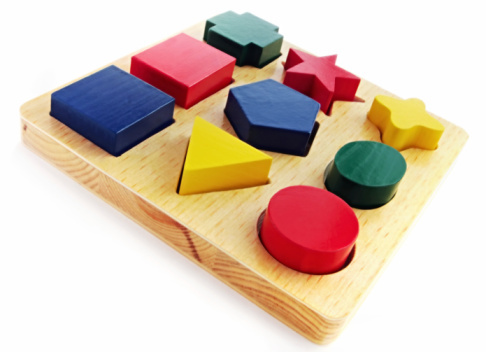Using Personality Tests In The Workplace
If you’ve spent any time on Facebook, you have likely been invited to discover fun–but relatively useless–facts like “what Seinfeld character are you?,” “which popular poodle mixed-breed are you?” or “which soap opera town should you live in?” These strictly-for-fun “tests”–and this word is being used loosely–are not meant to be informative, instructional, or spur you to relocate to Port Charles or Genoa City. And they, in no way, provide you with any insight into your personality or anyone else’s.
On the other end of the personality test spectrum, however, there are several psychometric inventory tests that have been carefully designed to measure certain personality traits. And, thanks to the ease of administering these tests electronically, they have come to play an important role in the workplace.

If your company is looking to improve its hiring practices, you may wish to consider adopting personality testing. Before you embark on Myers Briggs’ training or invest in testing software, however, there are a few things you should know.
Why do Companies Use Personality Tests?
Finding the optimum match for a position can be tricky. A candidate may have the requisite skills, but lack other traits needed for the job such as attention to detail or the ability to work without supervision. The interview process can reveal certain aspects of a prospect’s personality, but answers can be rehearsed. And many candidates will tell you exactly what they think you want to hear. A well-designed personality test can give you more in-depth insight into an individual’s actual traits and motivators.
Plus, as CIO‘s “Are Personality Assessments Effective Hiring Tools?” adds, they can help you “determine how congruent the job description, values, and missions of your organization is with an individual’s highest values or priorities.” You can, therefore, better avoid cramming square pegs into ill-suited round holes.
What tests do they use?
The most well-known of the many personality tests available is the Myers-Briggs Type Indicator–a favorite among many large corporations and government agencies. Other prominent tests include the International Personality Item Pool Test (IPIP-NEO), the Personality Characteristics Inventory (PCI), the California Personality Inventory, the Kolbe Index, and the Harrison Assessment. If you have never engaged in a personality inventory test, you can learn your Myers-Briggs personality type at “Take a Free Personality Test and Learn Important Career Implications.”
What Else Can These Tests Reveal?
A wisely-constructed personality test can reveal a great deal about a candidate’s “emotional intelligence.” Emotional intelligence refers to an individual’s ability to read both their own emotions and those of others, express their emotions appropriately, and understand the origin of said emotions and how they impact their actions and decisions. According to Cornell University’s “Personality Tests in Employment Selection: Use with Caution,” an individual with a high level of emotional intelligence will be more likely to stay calm under pressure, resolve conflict effectively, be empathetic towards team members, lead by example, and engage in more thoughtful business decisions–all traits that foster a positive morale and desirable company culture.
What Role Should Tests Play in Hiring Decisions?
It is important to keep in mind that personality testing should not create the basis for hiring decisions. You need to also conduct interviews, check out references, read their resumes and/or applications, check credentials, and meet with members of your hiring team. These tests should compliment your other abundant hiring tools.

Personality testing can help you find round pegs to fill round holes.
Personality testing can prove a valuable addition to your arsenal of hiring tools. Stop trying to cram square pegs into round holes and, instead, find the perfect fit for every position. Your happy and productive–and extremely well-suited–workforce will thank you.
How have personality tests benefited your company’s hiring process?




